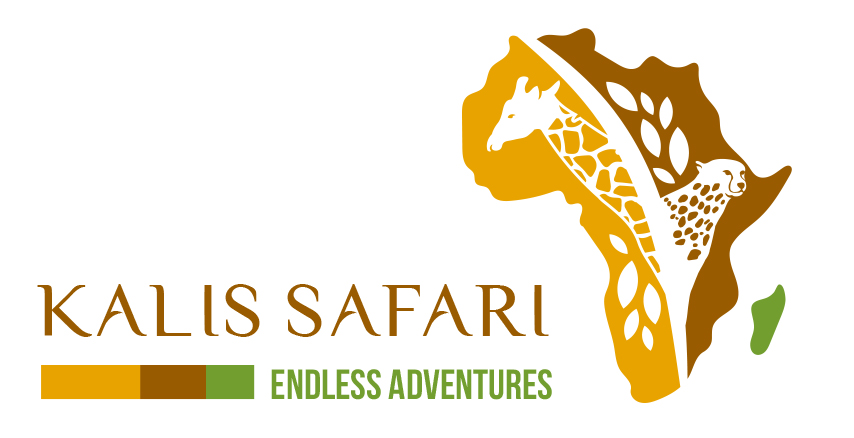frequently asked question
Most frequent question
The best time to visit Tanzania depends on your interests and the specific regions you plan to explore. The dry season, from June to October, is popular for wildlife viewing in parks like Serengeti and Ngorongoro Crater. The wet season, from November to May, offers lush landscapes, fewer crowds, and excellent birdwatching opportunities.
Yes, most travelers need a visa to enter Tanzania. Visa requirements vary depending on your nationality. Check with the Tanzanian embassy or consulate in your country for specific visa requirements.
The recommended vaccinations for Tanzania include yellow fever, hepatitis A and B, typhoid, and diphtheria-tetanus-pertussis. Malaria prophylaxis is also essential. Consult with a travel health specialist or your doctor for personalized advice.
Tanzania is generally safe for travelers, but like any destination, it’s essential to be cautious and vigilant. Exercise common sense, avoid displaying valuables, and be aware of your surroundings, especially in crowded areas.
The official currency of Tanzania is the Tanzanian Shilling (TZS). Major tourist areas and hotels accept credit cards, but it’s advisable to carry cash for smaller purchases and in more remote locations.
Swahili is the national language, and English is widely spoken in tourist areas and hotels. Learning some basic Swahili phrases can enhance your travel experience.
Travel insurance is highly recommended for Tanzania. Ensure it covers medical emergencies, trip cancellations, and any activities you plan to participate in, such as safaris and adventure sports.
Yes, the Great Migration, where millions of wildebeests and other animals move in search of water and grazing, can be witnessed in Tanzania’s Serengeti National Park. The timing of the migration varies each year, so plan accordingly.
Tanzania has several renowned national parks for wildlife viewing, including Serengeti, Ngorongoro Crater, Tarangire, Selous, and Ruaha National Park.
Yes, Tanzania has a rich cultural heritage, and it’s essential to respect local customs and traditions. Dress modestly, especially in rural areas, and always ask for permission before taking photographs of people.
In addition to safaris, popular activities in Tanzania include climbing Mount Kilimanjaro, visiting Zanzibar for its beautiful beaches and rich history in Stone Town, diving and snorkeling in the coastal areas, and cultural experiences with local tribes.

